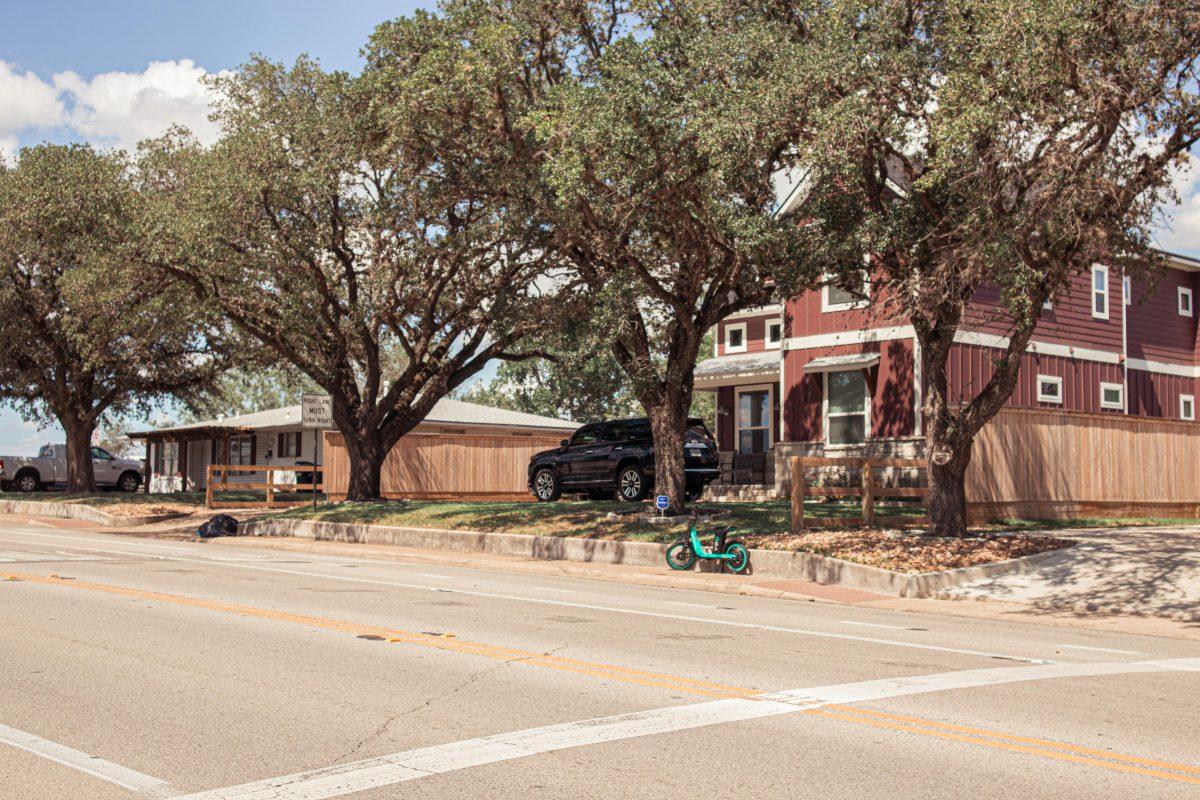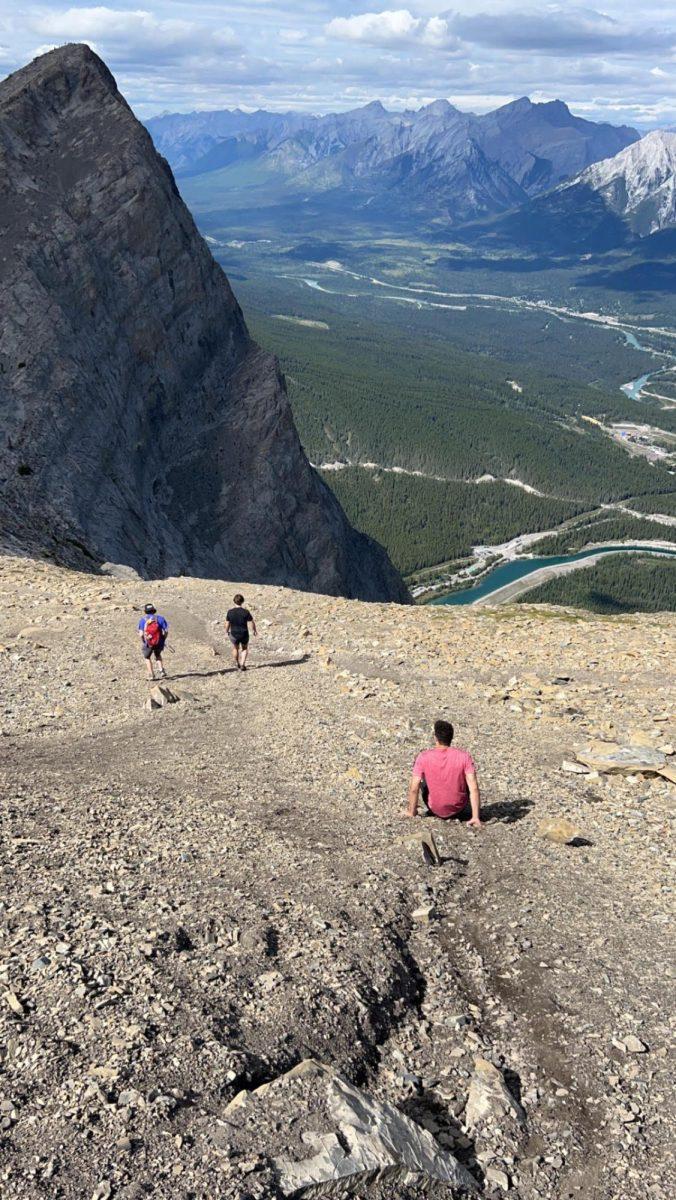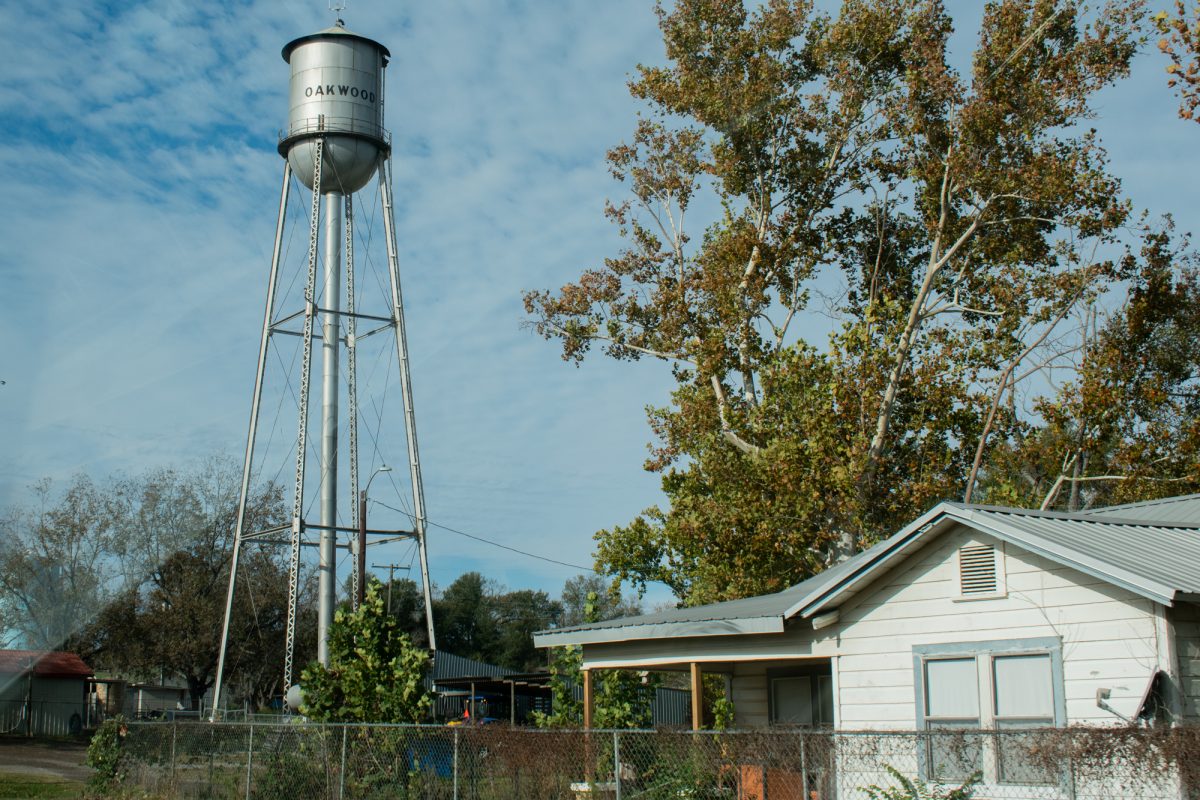Emily Gaines, Class of 2018, is a Public Relations Coordinator for the Better Business Bureau serving the Heart of Texas.
While it still feels forever away, spring break is coming up quick, and the time to solidify your travel plans is now. When you’re planning your trip, you need to keep an eye out for scammers looking to take advantage of bargain-hunting travelers. They take stolen photos of hotels, resorts and rentals, and advertise them at unbelievable prices. Once you’ve paid, the scammer takes off with your money and you realize the place never existed. Other travel scammers create fake third-party booking sites for hotels or airline tickets, taking your credit card information and cancelling your reservations later. Almost two dozen travel and vacation scams were reported across Texas to BBB Scam Tracker in 2019, with some consumers claiming to have lost hundreds of dollars.
Deciding to let a travel agent help make the arrangements? You still need to be careful. There were more than 400 consumers in Texas alone that filed complaints with BBB against travel agencies last year. They claimed to have issues with advertising, contracts, guarantees and more.
Spring break is a time to relax with friends and family, not worry about scammers and untrustworthy agencies. Use these tips from your Better Business Bureau when making your travel plans to keep things running smoothly:
-
Look for reviews. Check bbb.org and other online reviews when considering a hotel, resort or travel agency. You can also call and ask for references but watch for vague answers. Also be wary of companies that don’t provide any photos.
-
Don’t wire money. Avoid using wire transfer or prepaid debit cards to pay for your vacation, as you can’t get the money back if you get scammed. Consider using a credit card so you can dispute the charges if something goes wrong.
-
Be realistic. If an offer is too good to be true, it probably is. Do your research, and get a feel for what similar hotels, airlines or travel agencies are charging.
-
Check social media. Most travel destinations have a social media presence. Check their pages for photos, looking at the quality. If the photos are pixelated or captions are full of typos, this may be a sign of a page run by a scammer. You can also check the comment sections for reviews.















